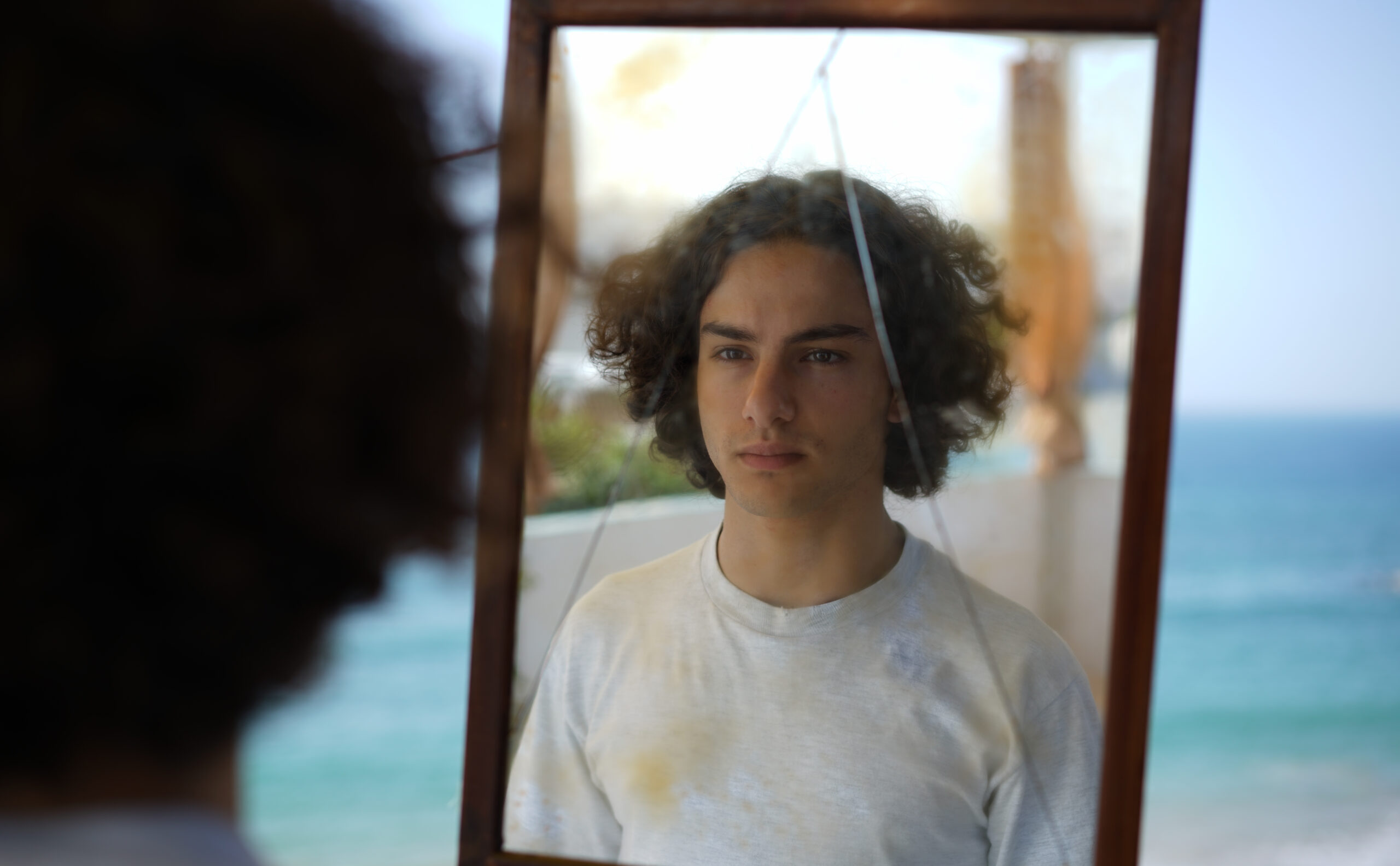Film Review by Professor Robert Abrams, Professor of Psychiatry, Weill-Cornell Medicine, New York
Life Suits Me Well, directed by Mohamed Ulad-Mohand (Morocco, France, 2021)
The title of the Moroccan film Life Suits Me Well (a translation of the original French La Vie Me Va Bien) is heavily weighted with irony. Despite its hopeful-sounding title, the film’s central story is one of tragic life circumstances. It could fairly be described as a perennially relevant essay on how illness in one person can cause an entire familial structure to implode, leaving some of its members, particularly adolescent children, in a limbo of loss and uncertainty about their futures.
The clinical and sociological literature on families in crisis points clearly to the stresses placed on all of its members when one of them, whether child or parent, faces a life-threatening illness. It is in such critical moments that the fragility of the family structure emerges. In engineering models, such as those for aircraft and nuclear reactors, multiple levels of redundancy are incorporated into the design, to be used in the event of catastrophic failure. So, too, strong families have redundant support mechanisms or “fail-safe” modes; vulnerable families do not.

In this film it is Fouad, the father (Samir Guesmi)—head of the household and sole financial provider—who is stricken with an unnamed neurodegenerative disorder that initially presents with disinhibition and memory loss and then proceeds inexorably to motor paralysis and dementia. But before the onset of his illness, life indeed suited Fouad well. He is seen to be as tenderly infatuated with his wife, Rita (Lubna Azabal), as he had been when they were teenage lovers. He is a loving, indulgent father, particularly to his youngest son, Ismaïl (Sayyid El Alami) (figure 1), an adolescent of about 16 who is keen on soccer and rock music and appears to have precocious reserves of depth and understanding. Fouad has also been a joyful schoolteacher, entertaining and creative, his efforts rewarded by his students’ enthusiasm for learning.
But Fouad’s health deteriorates rapidly, so that after a few months he can no longer work. Now his wife and children must somehow survive on his meager pension. The ordered life of the family, the expectations of each member on where and how they would be led into the future, are torn asunder. The heaviest burdens, emotional and financial, now devolve upon Rita, who must guide the three children remaining at home through the usual trials of adolescence and young adulthood. Rita is also tasked with finding a way to pay for their educations, in addition to shouldering the increasingly onerous demands of caregiving for Fouad. In one especially touching scene, Rita tries unsuccessfully to find affection, to re-ignite the passion of her relationship with her husband, but he is entirely unresponsive, even when she moves his arms around her in a facsimile of their usual embrace. She is now compelled grieve for the loss of a much-loved partner who is technically alive but no longer able to feel or express love.
Rita now finds herself nearly alone, in effect abandoned, from within the family and without, except by Ismaïl, her perceptive, compassionate youngest son, who mobilizes the brother and sister still at home to generate some desperately-needed income. But Rita’s oldest son, himself a new father, is indifferent, unfeeling and doesn’t deign to travel from his home in Paris until the end. The two remaining siblings are a middle son who is an irritable lay about for most of the film, and an adolescent girl preoccupied with boys and school field trips that Rita cannot afford.
The first doctor the family consults offers only platitudes, advising rest and a vacation for Fouad. This doctor is so ignorant and arrogant that he would be almost a farcical caricature, were this not a tragic situation. Later on, another doctor has nothing to offer but at least tells it straight and makes Fouad’s hopeless prognosis clear, an outcome that by this time the family already suspects.
Nearly everyone fails Fouad in his illness in some way, except for his beloved wife and youngest son. Without fully revealing the content of the film’s dénouement, it can be said that in families facing a crisis of illness in one member, it is vitally important that the supporter-in-chief, in this instance, Rita, be fully supported herself, and staunchly bolstered by all. Failure to support the supporter may be the most potentially consequential vulnerability under such conditions.
Ismaïl himself is fortunate to uncover evidence confirming how much his father had loved him, a partially healing development that one hopes will sustain him in the fullness of time; this, and the selfless devotion shown to Fouad and to her children by Rita, are perhaps the reasons why the director himself characterizes this film as principally an inspirational “story of love” rather than of systemic failure. The film is probably best understood as having elements of both, and it also has deeply personal meaning for the director, as it is based on the experiences of Mr. Ulad-Mohands’s own parents. Nevertheless, in the final scene, the enormity of the impact on children of an illness in the family is again emphasized: Ismaïl is seen to be balancing himself precariously atop a wall comprised of posts that could as well be tombstones, his future literally and symbolically “on the fence.”